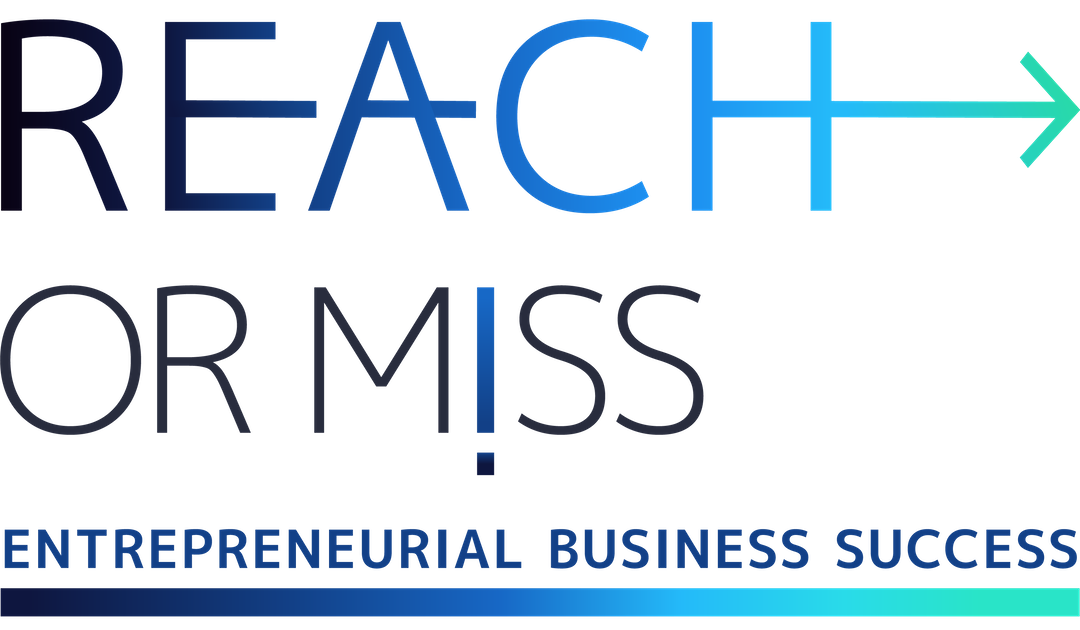Your Personal Brand vs. Building a Company’s Brand

Your Personal Brand vs. Building a Company’s Brand
What should you focus on?

Photo by Rachel on Unsplash
A line I love to use in lectures before closing, is: “Remember that in any given moment you have one dollar and one minute; you should choose carefully how to use each of them.”
I even have a ready-to-use slide for it; the message is that every minute and every dollar counts, it’s your choice and you should choose your next step carefully, and the next one, and the next one...
As a marketing person that have been building brands for more than 32 years, the answer to the headline question should be clear to me. It’s not.
In my recent posts, I’ve written a lot about that a major shift is happening in the entrepreneurial world and the new kind of entrepreneur.
The question is not only about the brand name
I believe looking at a few examples will help you visualize the picture:
Tim Ferriss, Tony Robbins, Pat Flynn, Neil Patel, John Lee Dumas and many others built successful businesses led by the strength of their own brand name. It doesn’t mean they don’t have a well-known company with one or more brand names. However they are the brand that their companies’ success built on.
On the other hand, Microsoft, Facebook, Apple, BuzzFeed, WeWork, Pinterest, and many other companies built the company brand name and became billion dollar companies. Some of them started with one entrepreneur, some with more than one, is that what makes the difference?
I’m sure you noticed there are many other fundamental differences between these two groups of brand companies.
However, often the huge differences are a sequence of the steps taken by you as a customer, and the challenges and successes the company is faced with along the way.
Think of yourself as an entrepreneur or small business owner that faces the question of what kind of business you would like to establish? Many important decisions will effect the company you are about to build.
So, let’s rephrase the headline question:
What are the main differences between a personal brand company and a company building its own brand name?
Whatever kind of company you choose to be, the important issue is what will enable you to become a successful company and a leading brand in your field.
| Personal Brand | Company’s Brand Name | |
| Founder’s vision | Allows me to live the life I want and leave the 9-5 working life in a cubicle. Affect and connect as many people as you can | Make a change in the world. Make a solid and well-known position in a respectable business. |
| Financial goals | To release me from the daily living worries, to enable me (and my family) to live the life I want for years to come | To reduce financial risks and get a solid, sure respectable monthly income |
| Size of company, number of employees | Small to medium (from a few workers or service providers to a few tens max) | Be a part of medium to large to enterprise company |
| Resources Model | Bootstrap: Your own money or loans you take out | Work in a profitable company or a company that raise a major fund |
| Ownership | Your own company, resources, and shares | Shareholders. At the end of the day, you’ll probably have a small piece (which can still be a lot of money) |
I divide my executive marketing and strategy career to two main phases; the first 22 years, from 1986 to the beginning of 2008, I worked for leading multinational brands; among them a few young brands I helped establish from scratch and some well known multinational leading brands I helped to strengthen and take to the next level.
The second period is the last 10 years, when I established a new model of strategy marketing and sales, and with my team helped more than 120 startup companies and entrepreneurs to identify their biggest market opportunity, create a well structured and practical strategy, and implement it.
We witnessed a tremendous success rate compared to the “known” statistics for startups.
In the first years, there weren’t many options. We all were part of building leading brands. Consumers and customers looked at the leading brands and followed them, and many marketers and sale people dreamt of becoming employees of one of the recognized, admired brands.
The only cases we knew of “personal brands” in the business world were when the leaders of the very successful brands became popular by their own, people like Walt Disney, Jack Walsh (from General Electric), Bill Gates, and Steve Jobs, for example.
Over the last few years, along with the technology and internet revolution, two main things that are relevant to the issue of personal brands happened:
- Everyone had the same opportunity to be heard and become recognized and popular
- The personalization that comes with the technological revolution enables higher levels of one-on-one connections all over the world.
For me, the biggest shift in understanding the issue of a personal brand started when I first heard Mark Schaefer speak about his book, Known, in 2017, at the important worldwide marketing conference SMMW (Social Media Marketing World in San Diego.)
The second time I felt that I was getting closer to the idea of personal brand was when I’ve read Known, which was the best book I read in 2017, hands down.
The main idea of Known by Mark Schaefer is that, “Today, the influence that provides an edge in our world is determined by how well you’re known. Being known is not the same as being famous. It’s not about having millions of fans and red carpet appearances. Becoming known is about approaching your digital life with an intent that establishes the authority, reputation, and audience to achieve your goals”.
